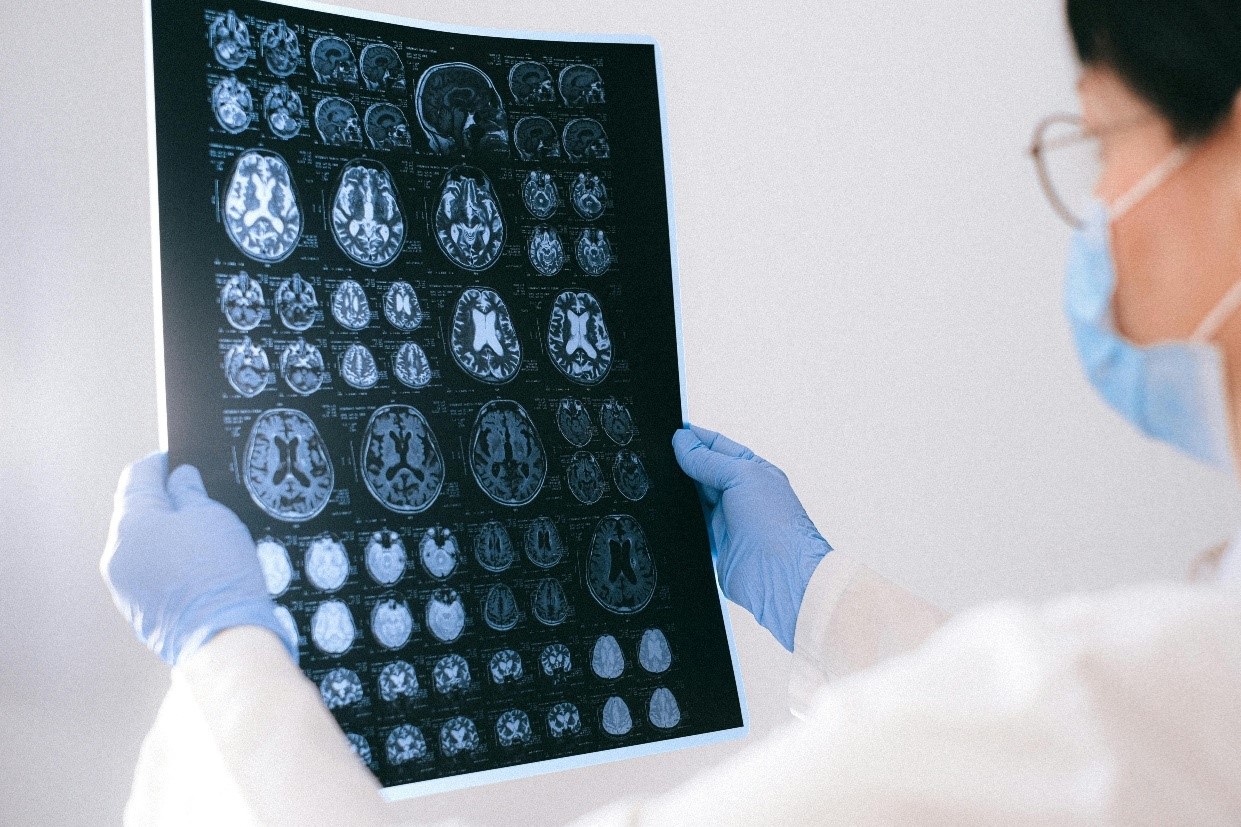
UK-based Aptamer Group plc, the leading developer of next-generation synthetic binders delivering innovation to the life science industry, has announced the successful adaptation of the Optimer-based test for Alzheimer’s disease into an Enzyme-Linked Immunosorbent Assay (ELISA), a format widely accepted and used in hospital laboratories, in partnership with Neuro-Bio Ltd.
This advance in test development follows the recent demonstration of an Optimer-based biosensor test that showed a statistically significant difference in levels of a novel Alzheimer’s disease biomarker between saliva samples from Alzheimer’s patients and healthy patient controls.
Initial in-house validation of the plate-based ELISA assay at Aptamer has shown accurate detection of the biomarker over a clinically relevant range and compatibility with saliva for convenient patient sampling. The diagnostic test uses Aptamer Group’s Optimer binders, as synthetic antibody alternatives to detect a novel Alzheimer’s disease biomarker. The Neuro-Bio team, led by the eminent neuroscientist Baroness Susan Greenfield, discovered and validated the novel biomarker, an early disease biomarker with the potential to detect the disease before symptoms arise.
Further development efforts are being made to clinically validate the new test format. In parallel, Neuro-Bio is developing a treatment targeting the novel biomarker, which may be able to prevent Alzheimer’s disease symptoms from ever arising.
Aptamer has also finalised a royalty agreement with Neuro-Bio. Under the agreed terms, Aptamer is eligible to receive royalty payments with a blended royalty rate of 11.1% on the first £166 million of sales, with 5% thereafter for a 15-year term starting at first commercial sales across this diagnostic format. The partners estimate developing and validating a prototype ELISA assay for transfer to a manufacturer or distributor over the next 12-18 months.
The Alzheimer’s disease diagnostic market is valued at $8.3 billion, limited by the availability of any definitive diagnostic tests, and is expected to rise to $19.6 billion by 2029. While several Alzheimer’s diagnostics are in development, the test being developed by Aptamer and Neuro-Bio leverages non-invasive saliva sampling, offering a rapid, convenient and patient-friendly approach with the potential to transform the diagnostic market for this disease by increasing accessibility and accelerating time-to-diagnosis.




